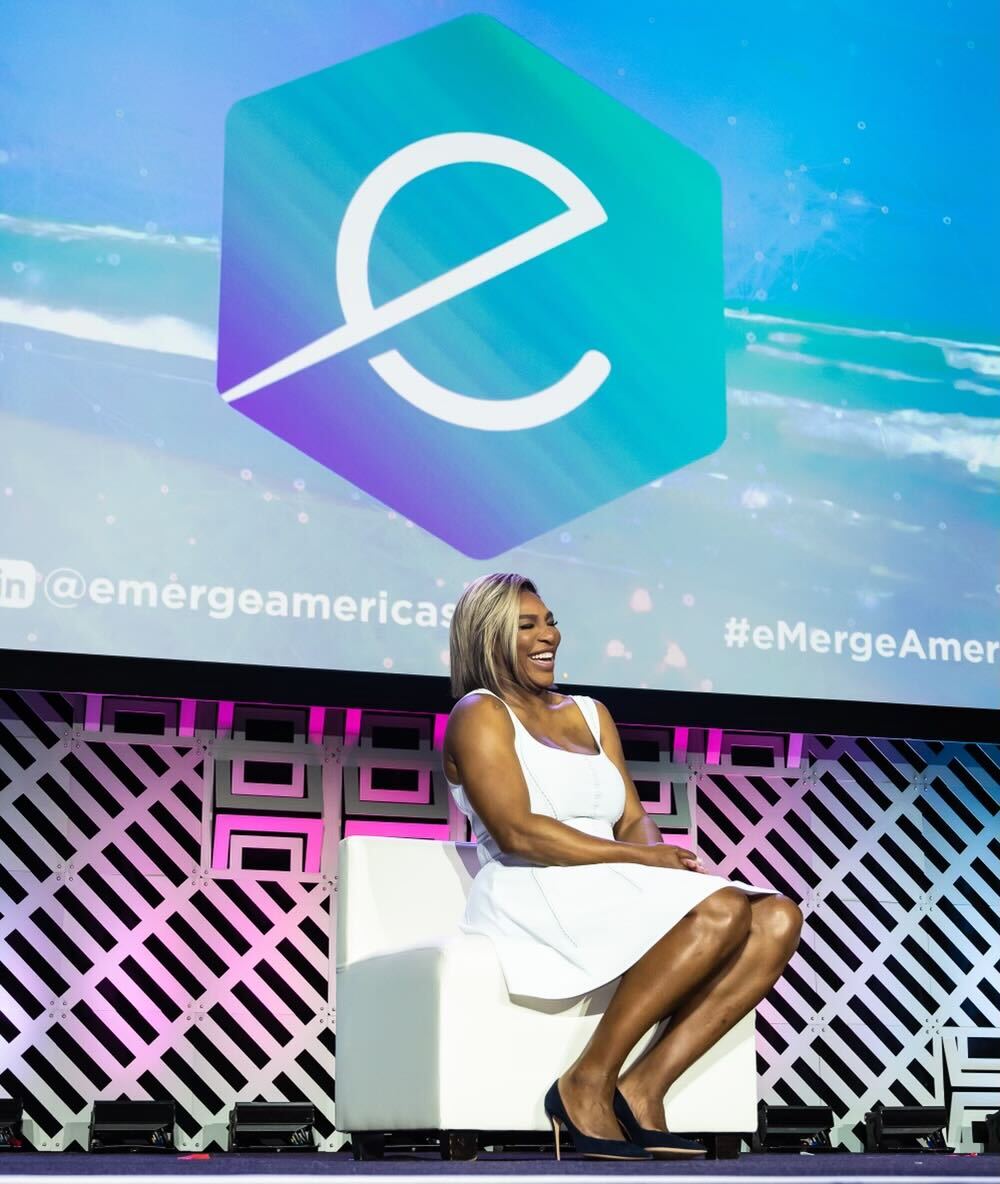Driven by the promise of equal opportunity that came out of the civil rights movement and continued with affirmative action policies, many colleges and universities in America have made concerted efforts to enroll more Black students. Some of those Black students chose to pursue an education in engineering and STEM, but African American representation in engineering and related STEM fields does not accurately reflect the community’s percentage (13%) of the U.S. population.
Anthony Mays was raised in Compton, one of greater Los Angeles’ poorest neighbourhoods. He managed to join Google as a software engineer in 2013. The following year, the company became the first of many to release their diversity numbers, which showed that only 2% of full-time Google employees were Black and only 1% of Google’s engineers were Black.
[responsive id=’49385′ name=’2022/04/Karat-Brilliant-Black-Minds-Sr.-Advisor-Anthony-D.-Mays-Champion-of-Brilliance-Serena-Williams-copy.jpg’]
As soon as he saw the numbers, which were dismal by any standard, Mays decided to do something about it. He chose to help other Black engineers practice for their interview while honing those skills. The way he saw it, the issue was not that Black candidates don’t know how to do the work, or don’t want to work hard. Instead, he was convinced that most Black engineers don’t have the right information that could help unlock that hard work, and ultimately bear fruit for them in their dream career.
Mays eventually left Google to fulfill his life-long mission to empower and educate underrepresented communities in tech. When he heard about the Brilliant Black Minds program, and the Seattle-based interviewing company Karat that created the program, he decided to get more involved in that effort by helping other Black engineers apply the kind of knowledge that would help them get the types of tech jobs they aspire to.
Brilliant Black Minds provides free practice interviews to Black engineers with direct live and written feedback to help them improve. The program also provides access to career development workshops with Black leaders in tech on topics ranging from how to write a resume to best practices in salary negotiation.
The program got a major boost earlier this week at eMerge Americas technology conference in Miami, when the iconic tennis champion Serena Williams announced her personal investment in Karat and their Brilliant Black Minds program. Simply stated, the goal is to help double the number of Black software engineers in America’s tech industry.
[responsive id=’49383′ name=’2022/04/Serena-Williams-scaled.jpg’]
Williams is known as a tennis star, but she is also a successful venture capitalist. Her VC firm, Serena Ventures, recently raised $111 million to invest in founders with diverse points of view. “The technology industry is focused on solving some of the world’s biggest challenges. My focus is ensuring the solutions to those challenges are developed by all of us,” Williams said.
[responsive id=’49382′ name=’2022/04/Serena-Williams-eMerge-Keynote-at-Miami-Tech-Week_2.jpg’]
In a TRUE Africa interview, Mays explained how he now works directly with Black engineers and supports them by helping them prepare for their interviews. He has noticed an increasing interest among Black candidates to get into tech. “Some young Blacks are foregoing a four-year college degree in order to jump into bootcamps,” he added. “They do this with the hope that they will get to work at Google, Amazon, or a great startup.”
This trend is accelerated by the “great resignation” that is taking place all over America, but with respect to the tech industry’s ability to attract, hire and retain this particular type of Black talent, the needle isn’t moving as much as one might expect. “There is still the interview-readiness gap,” Mays says, “where Black candidates who want to crack these jobs haven’t yet had a chance to interview for the kinds of jobs they want. This creates a real issue when trying to get Black engineers into tech.”
Mays is laser-focused on Black candidates who are interested in making moves in tech, who want to succeed in their journey. “I want to see them finding that transformational wealth opportunity in tech. I want them to have the confidence to go into a technical interview knowing exactly what they need to do. Opening the door through Brilliant Black Minds means that a Black professional can practice that interview experience. That is how they can overcome fear and doubt. Those are the kinds of things that I struggled with early in my own career.”
Mays remembers how he was rejected from Google on his first try, partly because he did not have clarity on the kinds of questions that would be asked by the interviewer. After that initial rejection, he thought through the questions he’d been asked, and began to practice, via mock interviews where he got feedback from other engineers. In one mock interview, a Black female engineer with credentials told him that he sounded like he was ready. That gave him a confidence boost, which he called transformative.
He was hired at Google shortly after that mock interview. Mays now sees his work with Brilliant Black Minds as being part of the larger narrative on Black history, and Black achievement. He feels that it should be worthy of the sacrifice that his heroes—people like the late nineteenth century Black inventor Lewis Latimer—made to help people like him get to where they are now.
